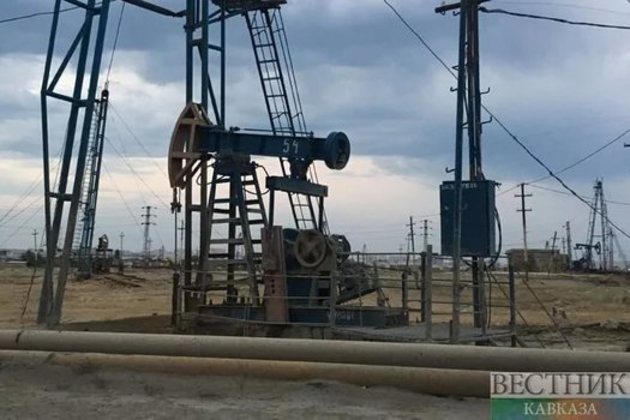There is no decision to extend the OPEC + deal to reduce oil production, Russian presidential spokesman Dmitry Peskov said today. The OPEC + Ministerial meeting may take place in late February or early March. Since the beginning of 2020, oil prices have plummeted. Stock quotes are falling amid declining oil consumption in China.
According to expert estimates, in connection with a decrease in oil demand due to the spread of the coronavirus, OPEC is considering measures to reduce its production by half a million barrels per day. Vyacheslav Kulagin, Head of the Department for Researching the Energy Complex of the World and Russia, Institute for Energy Studies of the Russian Academy of Sciences, Director of the Center for Energy Studies at the Institute for Pricing and Regulation of Natural Monopolies of the Higher School of Economics, Vyacheslav Kulagin, spoke about the current situation in the oil market.
"The oil price in the near future will determine the situation on the market, and indeed the situation is changing. OPEC + countries have fulfilled their obligations as a whole. Saudi Arabia declares that it is ready to even exceed its obligations if all others follow the line to at least maintain these Saudi Arabia is already moving in this direction. Involuntarily helped the Venezuelan market, which has significantly reduced production, and uncertainty in Libya. Iran is still holding - although sanctions have a certain impact, "The Iranians have reached a more or less stable level. The decline in Mexico continues, due to the natural depletion of the resource base and the fact that they could not restart investment projects and interest in the market, which was expected. India and China were slightly reduced," said Kulagin .
In his opinion, the USA was the winner, which in recent years has tremendously increased production and are planning further growth this year: “There is developing a transport infrastructure that allows for the export of this oil. There are serious expectations for growth. Norway, Great Britain ... were also able to grow production. "
As for China, it is estimated that there demand falls by about 20% - this is about 3 million barrels. "It seems to me that these estimates may well be justified, because transport rose in China, air transportation rose. Against the backdrop of a slowdown in the entire transport sector, which remains the main source of oil demand, there is a decline," the expert said.
“For us, and for the entire world market, the moral level at which it’s worth considering is $ 50 per barrel. Firstly, because 50 is such a psychological milestone. Secondly, in Russia the cut-off price (the lowest price at which the seller agrees to sell the goods) for Urals $ 42.4 per barrel, which means that the Brent price should be around $ 45. If we go below 50, we will approach this cut-off price, which is critical for the budget when we are no longer we save money in the fund, but we must look for sources of filling the budget and current p gatherings "- said Kulagin.
At the same time, he admitted that serious reserves have really been accumulated in Russia, but they are not intended for a price war: “As the president said last week, we now have a good chance of implementing national projects. We assume that these reserves will nevertheless go to the development of other industries and the implementation of those global ideas that we have before 2024. At the same time, waging a price war and at the same time making losses and not profit from the oil market - it seems to me that this is not included in the government’s plans. Soon, the State Duma elections, and the government should yt interest to these elections provide some stability and a favorable economic situation. "






